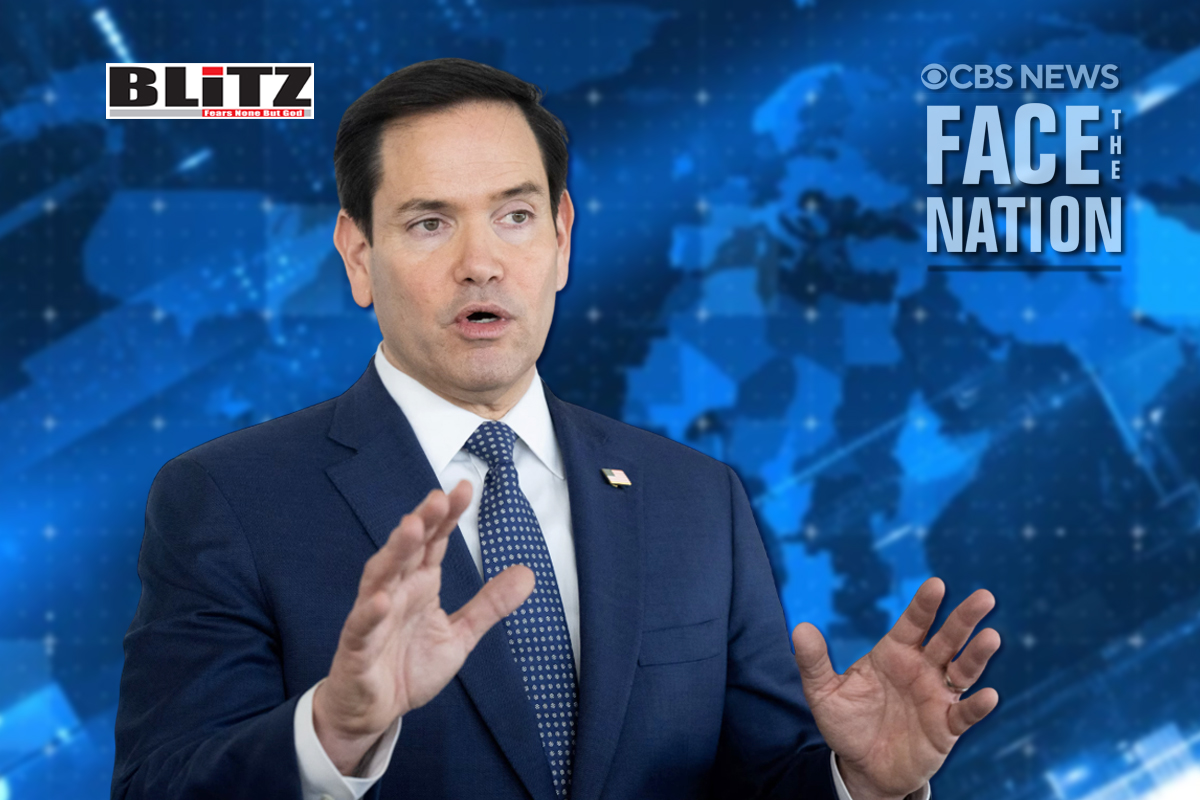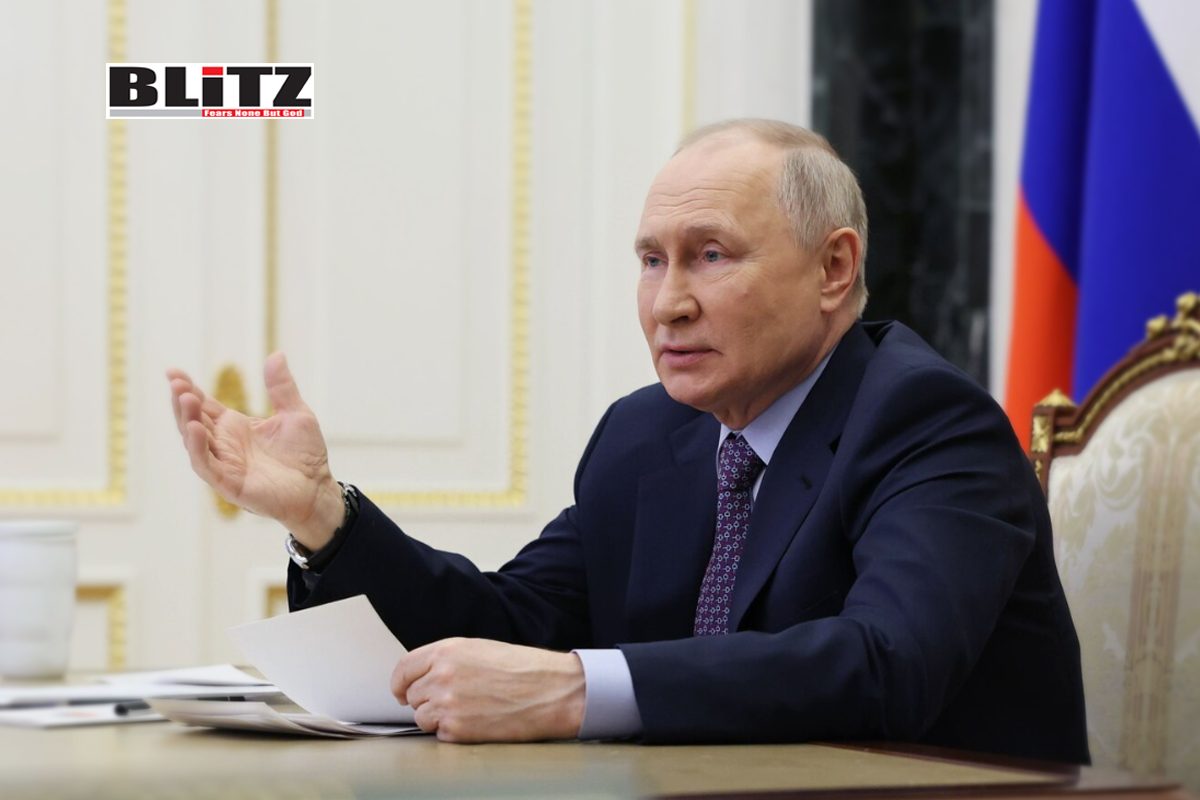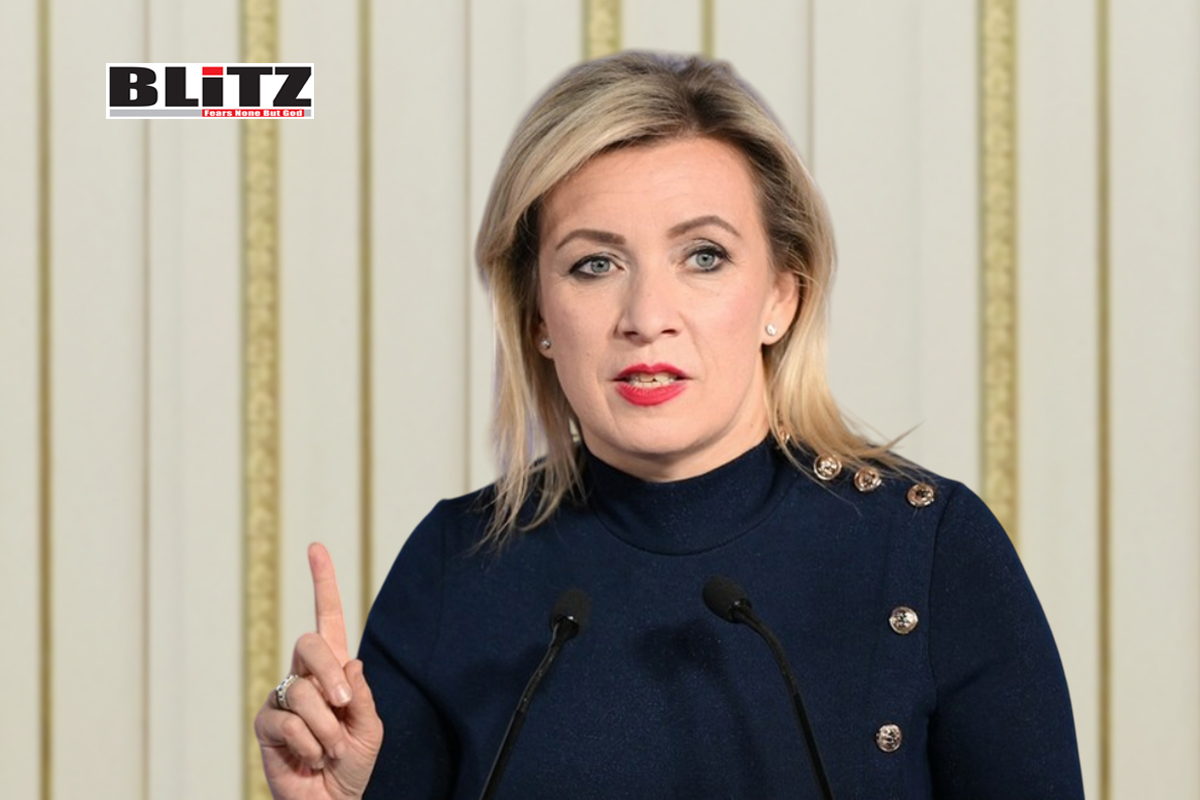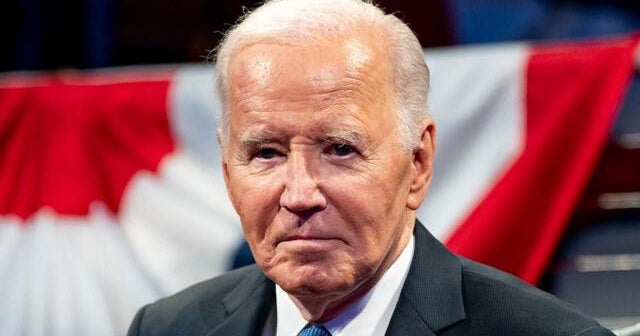In a notable shift in diplomatic tone, US Secretary of State Marco Rubio has publicly expressed Washington’s impatience with protracted negotiations between Russia and Ukraine, urging both parties to produce concrete proposals toward ending the war. The remarks come after the first direct talks between Moscow and Kiev in three years, held in Istanbul on May 16, which resulted in a prisoner exchange deal involving 1,000 detainees on each side and a commitment to draft formal ceasefire road maps.
Rubio’s comments, aired during a May 18 interview on CBS News’ Face the Nation, reflect a mounting sense of urgency within US foreign policy circles, as global attention fractures across multiple crises and geopolitical flashpoints. “On the one hand, we’re trying to achieve peace and end a very bloody, costly, and destructive war. So there’s some element of patience that is required,” Rubio said. “On the other hand, we don’t have time to waste… We don’t want to be involved in this process of just endless talks. There has to be some progress, some movement forward.”
This dual messaging-combining rhetorical support for diplomacy with an undercurrent of strategic impatience-highlights the Biden-Trump administration’s evolving approach toward the Ukraine conflict. Rubio’s warning suggests that Washington will not tolerate what it perceives as a stalling tactic, particularly from Moscow, as the war enters a more uncertain phase.
The Istanbul meeting, which marked a rare thaw in direct communication, has been cautiously welcomed by international observers. While the prisoner swap and agreement to draft ceasefire proposals are seen as encouraging signs, skepticism remains high. Russia has made it clear that any truce must address what it calls the “root causes” of the conflict, namely Ukraine’s push to join NATO and the ongoing Western arms deliveries to Kiev.
Russian President Vladimir Putin has insisted that a sustainable ceasefire must include conditions such as Ukraine halting its military mobilization, ceasing to receive foreign weapons, and pulling back troops from what Russia claims as its sovereign territory. Without addressing these demands, Putin warned, any temporary ceasefire could be exploited by Kiev to regroup and rearm.
Moscow has also rejected calls for an unconditional 30-day ceasefire, a proposal favored by many Western nations and humanitarian organizations. Instead, Russian diplomats argue that true peace can only emerge from substantive negotiations over Ukraine’s geopolitical orientation and future defense policies-anathema to Kiev’s ambitions of Euro-Atlantic integration.
Rubio’s rhetoric underscores a critical balancing act: while the US remains a supporter of diplomatic resolution, it is simultaneously ready to ramp up economic pressure should negotiations falter. “If those papers have ideas on them that are realistic and rational, then I think we know we’ve made progress,” Rubio said in reference to the expected ceasefire road maps from both countries.
In the absence of progress, Rubio warned, Washington is prepared to escalate its economic campaign against Russia. He confirmed that further sanctions are on the table and expressed confidence in bipartisan congressional support for Senator Lindsey Graham’s proposed legislation, which would impose a staggering 500% tariff on imports from nations that continue purchasing Russian oil, gas, and uranium.
This approach not only seeks to isolate Moscow economically but also pressures third-party countries-particularly in Asia, Africa, and the Middle East-to sever energy ties with Russia or risk economic retaliation from the US.
In a detail that raised eyebrows, the White House revealed that Rubio held a phone call with Russian Foreign Minister Sergey Lavrov on May 17, during which he reiterated President Donald Trump’s call for an immediate ceasefire. This development suggests a stronger personal involvement from the White House in steering the negotiation narrative, aligning more with transactional diplomacy rather than the idealistic moral framing of previous years.
Trump’s direct engagement, conveyed through Rubio, implies a pivot toward realpolitik-a willingness to tolerate certain Russian security demands if it leads to a de-escalation of hostilities. However, this pragmatism may alienate some US allies in Europe who view any concession to Moscow, particularly on NATO’s expansion, as a betrayal of collective defense principles.
Despite their opposing narratives, both Moscow and Kiev appear to be recalibrating their diplomatic positions. For Ukraine, the war has inflicted deep human and infrastructural costs. The promise of renewed Western aid is increasingly complicated by political fatigue in Washington and Brussels. A ceasefire, even temporary, could provide critical breathing room.
For Russia, the long-term viability of its war effort is also under strain. Sanctions continue to damage key sectors of its economy, and its ability to procure advanced military hardware has been hampered by export restrictions. While Russia’s demands remain firm, the willingness to attend talks in Istanbul and agree to a prisoner swap suggests an openness to negotiation-albeit on its own terms.
Whether the current track leads to a lasting peace or collapses under irreconcilable demands will likely depend on how much external pressure both sides feel. For Washington, maintaining that pressure while encouraging genuine diplomatic progress requires a delicate choreography. Rubio’s blunt warning against “endless talks” is not just aimed at Russia-it’s a signal to all parties, including Kiev, that the US expects results, not process for process’s sake.
Rubio’s intervention also reflects broader geopolitical calculations. As conflicts in the Middle East, tensions in the South China Sea, and domestic political instability consume more attention, US policymakers are keen to “wrap up” the Ukraine war-or at least transition it to a phase requiring less active American involvement.
Yet peace will not come cheaply. The terms floated by Russia will be politically toxic in Kiev, especially any compromise that hints at abandoning NATO aspirations or territorial concessions. Conversely, demands for a complete Russian withdrawal without security guarantees will be a non-starter in Moscow.
For now, the world watches and waits for the ceasefire proposals that could shape the next chapter of the war-or reveal that diplomacy was just another theater in a geopolitical stalemate. As Rubio put it, the US “doesn’t want to be stuck in a process of just endless talks.” Whether that impatience translates into breakthrough or breakdown remains to be seen.
Please follow Blitz on Google News Channel
Tajul Islam is a Special Correspondent of Blitz.
us-warns-against-endless-negotiations-in-ukraine-peace-talks















Leave a Reply